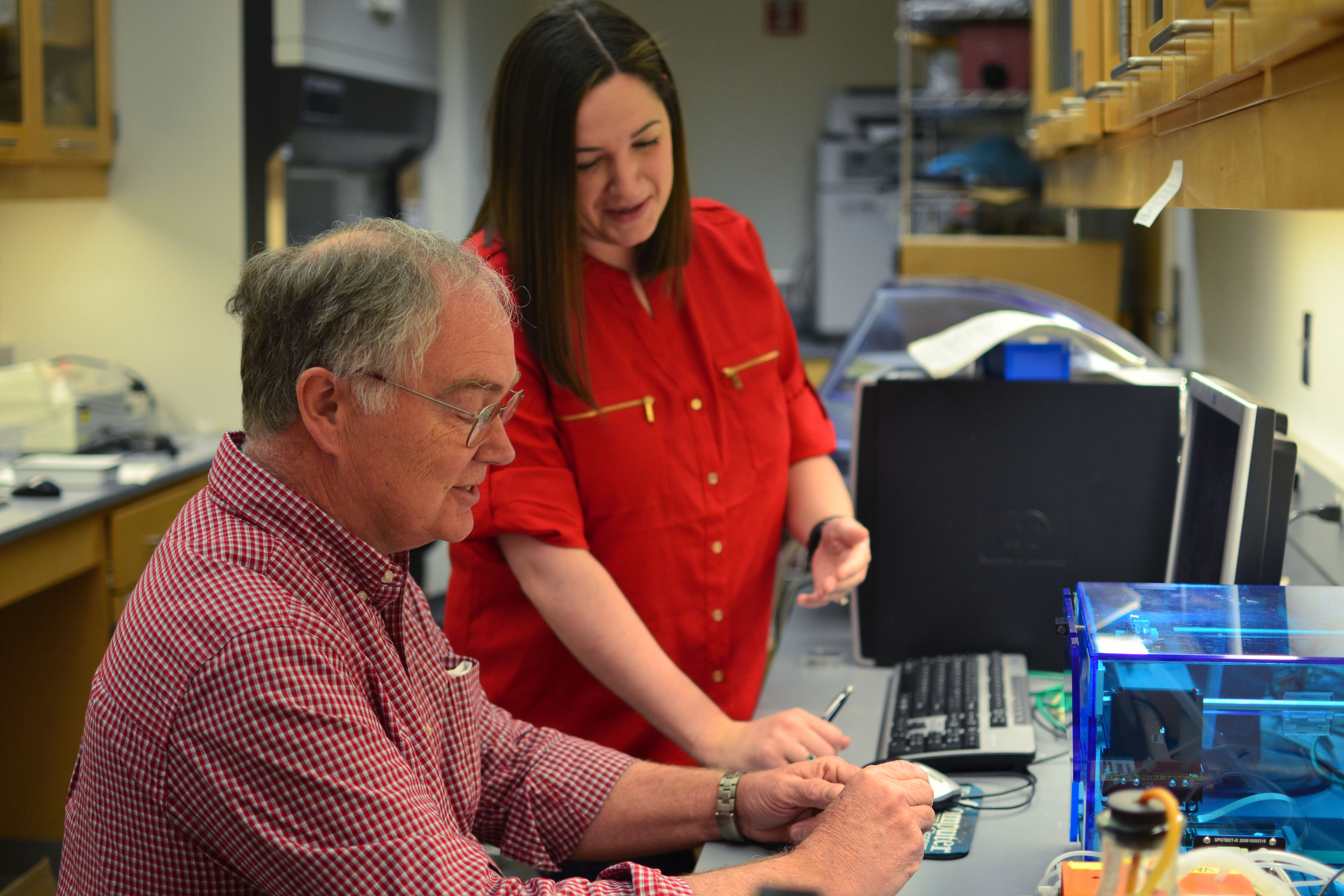Biohaven Pharmaceutical Holding Company Ltd. (NYSE: BHVN) announced today that it signed an exclusive, worldwide option and license agreement with the University of Connecticut for the development and commercialization rights to UC1MT, a therapeutic antibody targeting extracellular metallothionein (MT). Extracellular MT has been implicated in the pathogenesis of autoimmune and inflammatory diseases. Under this agreement, Biohaven has the option to acquire an exclusive, worldwide license to UC1MT and its underlying patents to develop and commercialize throughout the world in all human indications.
The antibody was discovered in the laboratory of Michael Lynes, PhD, head of the Department of Molecular & Cell Biology at the University of Connecticut Storrs. Lynes is a world leader in the study of metallothioneins and their role in disease. Biohaven and the University of Connecticut also signed a Sponsored Research Collaboration Agreement to support the ongoing exploration of the role of MT in human disease.
The new antibody, co-invented by the UConn researchers together with a team from Ghent University in Belgium, is designed to prevent the patient’s immune system from attacking its own body and potentially causing irreversible damage.
“We are very excited about this opportunity to potentially expand our portfolio with the addition of this novel antibody and assess its activity in a range of diseases, including neuro-inflammatory disorders,” says Dr. Vlad Coric, CEO of Biohaven. “The pre-clinical discovery work by Lynes at the University of Connecticut, and his collaborators at the Ghent University and Joslin Diabetes Center, an affiliate of Harvard Medical School, suggests that metallothionein can have dramatic influences on the modulation of both innate and adaptive immunity. We look forward to further evaluating this antibody and potentially advancing it into the clinic.”
The pre-clinical discovery work by Lynes at the University of Connecticut, and his collaborators […] suggests that metallothionein can have dramatic influences on the modulation of both innate and adaptive immunity. — Vlad Coric
“This agreement represents a critical next step for my research group, as it helps define the path for taking our basic research discoveries into the clinic. The expertise that Biohaven Pharmaceuticals brings to my research team has been invaluable in advancing this goal,” says Lynes. I believe we have an exciting opportunity to develop this new approach to the management of important inflammatory and autoimmune diseases where metallothionein plays a significant role.”
MTs are a family of low molecular weight, cysteine-rich, metal-binding proteins that have a wide range of functions in cellular homeostasis and immunity. MT has traditionally been considered to be an intracellular protein that can be found in both the cytoplasm and nucleus; however, MT also can be found in extracellular spaces, particularly in disease states involving chronic cellular stress where intracellular MT production is upregulated by inflammatory cytokines, and extracellular MT acts as a danger signal, attracting leukocytes and modulating the immune response. In pre-clinical studies, UC1MT has been observed to block this extracellular pool of MT and the resulting MT-mediated inflammation and immunomodulation.
“We are looking forward to this partnership as we see great potential for this novel mechanism in inflammation. We intend to capitalize on our strong development experience and the deep scientific expertise of Dr. Lynes’ team to rapidly advance innovative therapies to patients,” says Clifford Bechtold, chief operating officer and head of biologic development at Biohaven. Bechtold has previous pharmaceutical industry experience in optimizing biologics development and manufacturing capabilities.
This option builds upon Biohaven’s portfolio of innovative, clinical-stage product candidates for the treatment of neurodegenerative, neurologic and neuropsychiatric disease indications. Under the terms of the agreement, Biohaven paid an upfront option fee and, if Biohaven exercises its option to in-license the program, the University of Connecticut will receive additional license fees and will be entitled to low single-digit percentage royalties based on net sales of any commercialized products as well as milestone payments based on the achievement of development, regulatory and commercial milestones.



